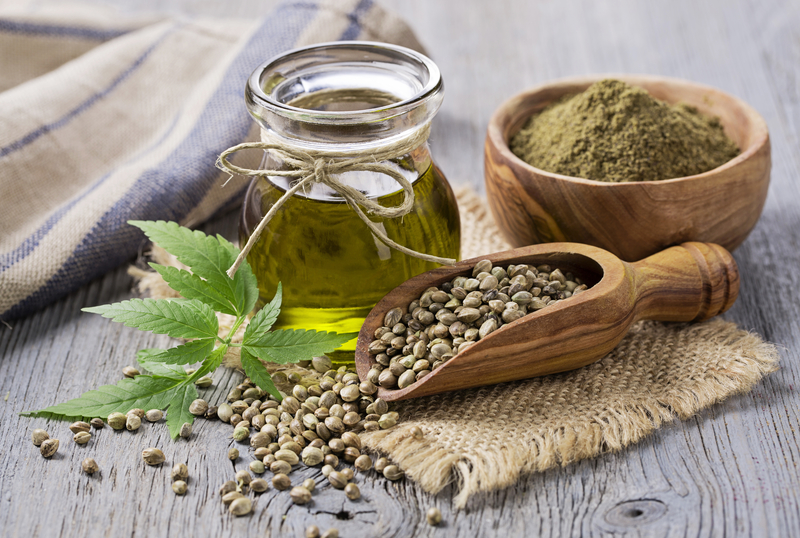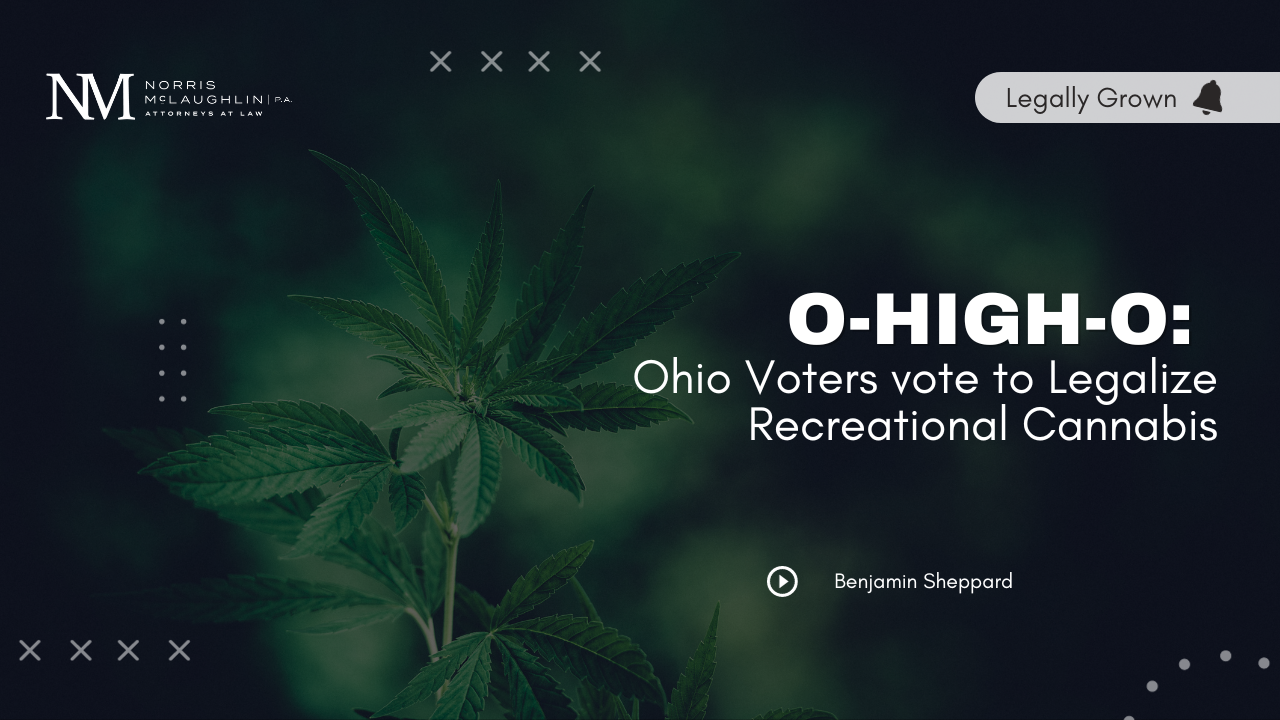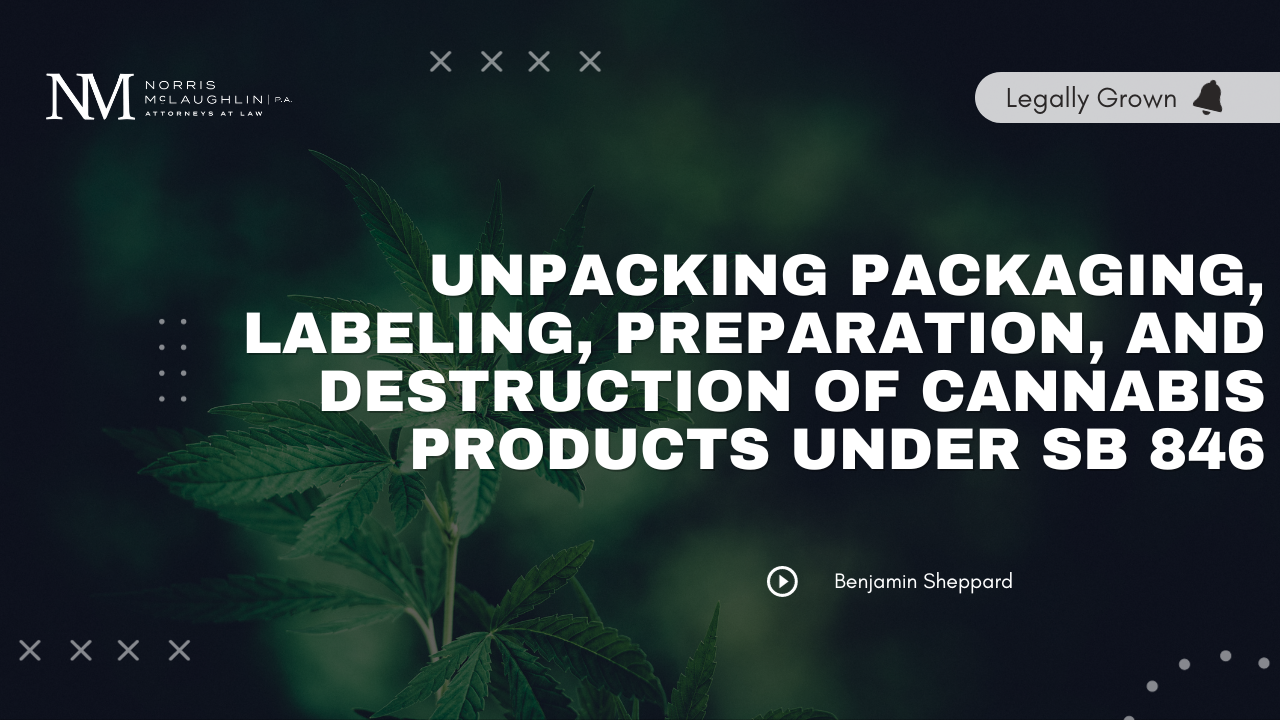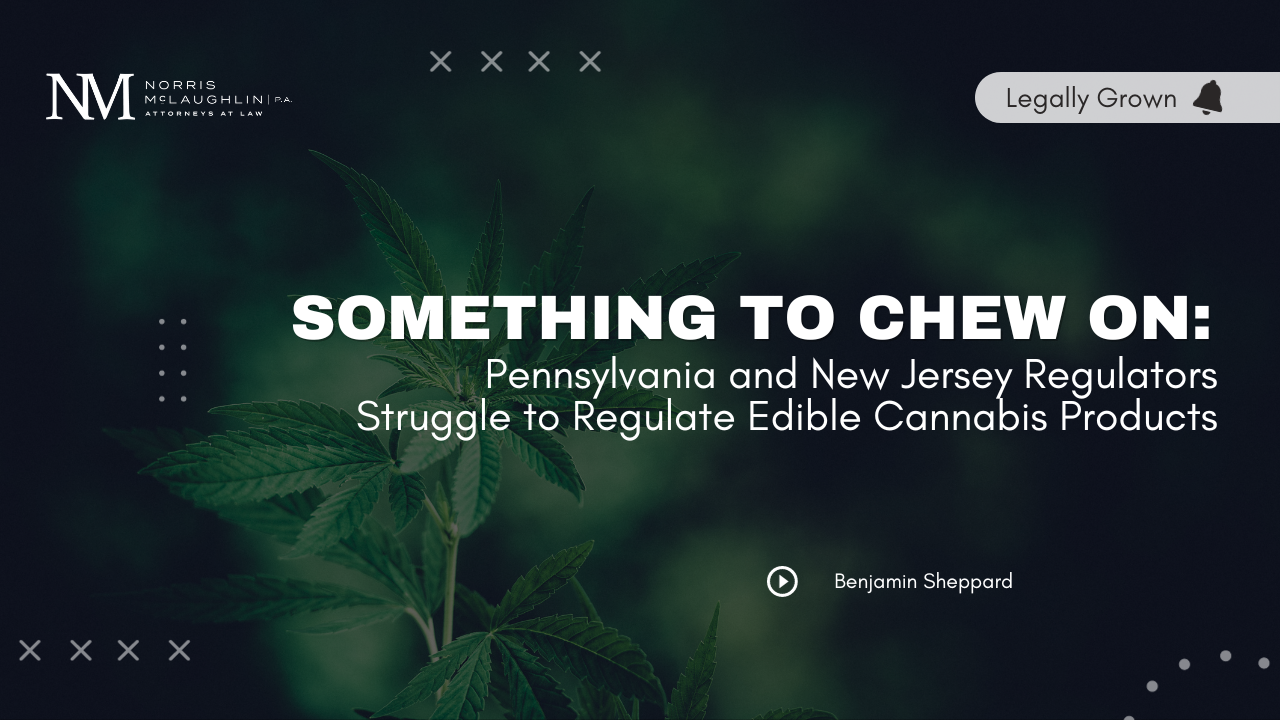The Ghost of CBD Past, Present, and Future: The Future of CBD and Industrial Hemp

The new year is right around the corner, which will prove to be a truly new year for the industrial hemp industry and the crown jewel of hemp-derived consumer products: CBD. As we have laid out in our previous two posts that you can read here and here, the already ubiquitous CBD has experienced tremendous growth in recent years. Now that CBD has officially been de-scheduled from the controlled substances list, several barriers have been lifted pertaining to the product’s use, production, and research. For instance, the recent legislation removed any remaining doubt that possessing and using CBD is no longer illegal under federal law. But what about growing, transporting, and selling it? And what is in store for the industry in the upcoming year?
As we previously mentioned, the recent Agricultural Improvement Act of 2018 (the “Farm Bill”) that was signed into law on December 20, 2018, de-scheduled CBD as a controlled substance and provides that primary oversight of the growth, production, research, and cultivation of hemp derivatives belongs to the individual states, U.S. Department of Agriculture (“USDA”), and the Food and Drug Administration (“FDA”). Because the law was only recently passed and state and federal regulations need to be promulgated or amended, there are many unknowns about the nuances of how producers and purveyors of CBD can ensure they will be compliant.
New Jersey recently passed its own hemp pilot program requiring the state Department of Agriculture to promulgate regulations to govern the cultivation, research, testing, and sale of industrial hemp. The Department of Agriculture, however, has yet to publish these rules. Companies desirous of producing and selling CBD in New Jersey will need careful guidance to ensure compliance with these regulations once they are published.
Against this backdrop, businesses should tread carefully. The consequences of non-compliance with the Farm Bill can be severe, up to and including a five-year ban on the production of industrial hemp for a third violation. States also have the ability to refer matters to their respective Attorneys General if it is concluded that a producer acted with a higher level of culpability than simple negligence.
Beyond the statutory consequences of non-compliance, there are also other legal issues that CBD producers should be cognizant of. For example, the FDA has historically taken a strong approach by issuing cease and desist letters to CBD producers and sellers that make bold, unverified claims about the efficacy of their products. Since CBD research and development is in its formative stages, the FDA has not issued particular oversight as to what can and cannot be said about the efficacy of the product, though these waters will surely be tested.
The FDA, for its part, appears keenly aware that the Farm Bill may require it to alter its approach to CBD moving forward. The agency recently issued a press release that states that “Although [cannabis-derived compounds added to food or dietary supplement] are generally prohibited to be introduced in interstate commerce, the FDA has the authority to issue a regulation allowing the use of a pharmaceutical ingredient in a food or dietary supplement. We are taking new steps to evaluate whether we should pursue such a process.” The press release also states that the FDA intends to hold a public meeting on such issues in the near future. Much more to come on this front in the coming weeks and months.
In addition to getting into hot water at the federal level, states like New Jersey, with strong consumer protection laws, may be able to pursue claims against CBD producers and sellers for making false claims about their product in order to induce consumers to purchase the product. Such producers could be exposed to civil liability for making false claims, including possible treble damages and attorneys’ fees if the litigation ends unfavorably.
Despite the coming onslaught of state and federal regulation and the attendant compliance issues that come with them, it is anticipated that the CBD industry will continue to grow into 2019 and beyond. Substantial barriers to research and development of new CBD products have now been lifted, as have many barriers on interstate commerce. Nevertheless, businesses who ship the product throughout the United States should be aware of each state’s laws in which they transact. Only a handful of states have not yet issued any legislation relating to industrial hemp and its derivatives. If, for example, one of those states restricts its sale within the state, there could be issues for the producer or seller of such products. Such laws, to the extent that they come to fruition, could be subject to challenge under federal law, but could present a headache for the producer or seller.
We here at Norris McLaughlin will continue to keep you apprised of new developments in this regard, so keep checking our Legally Grown blog for more information! 2018 was a great year of change for the cannabis industry, but 2019 will surely be even more exciting! If you have any questions regarding this post or any other related matters, please feel free to email me at ealvarez@norris-law.com.



